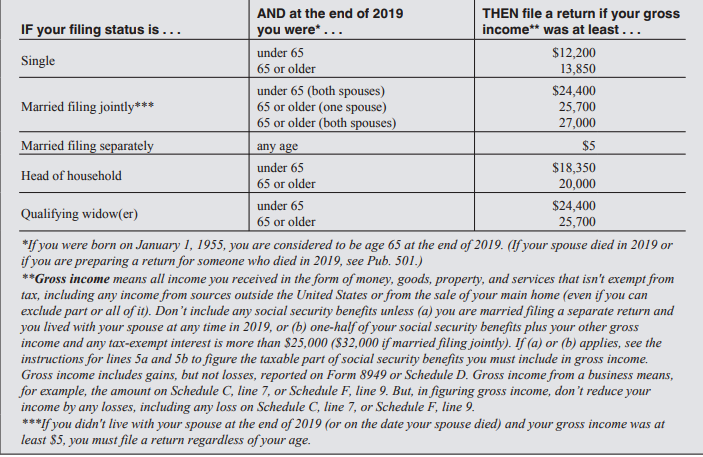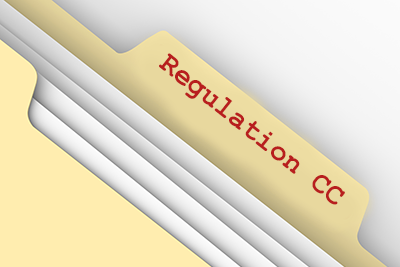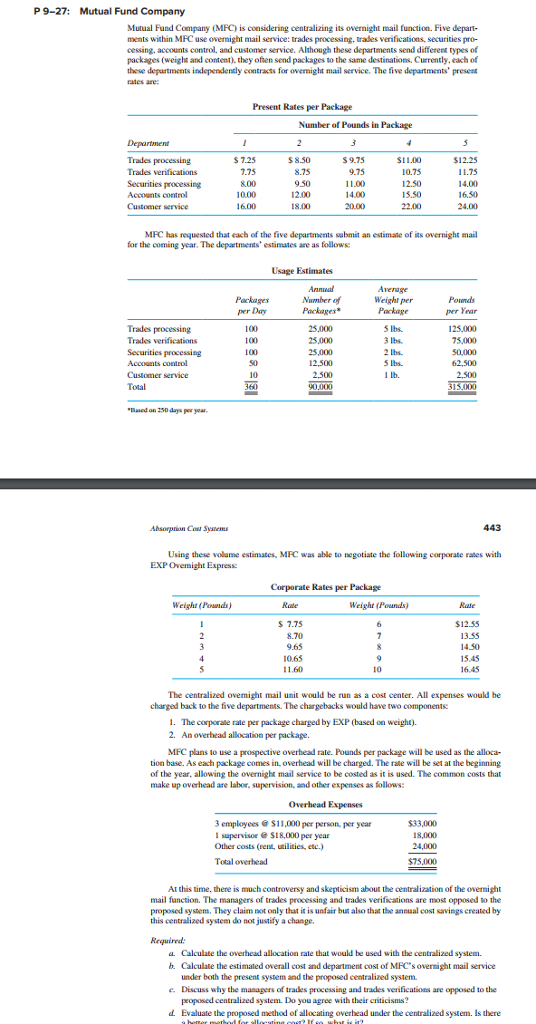
Determine the extent and adequacy of the instruction and training received by those employees to enable them to carry out their assigned responsibilities in conformance with Regulation CC.Review the credit union’s training manual, internal audit or similar reports for Regulation CC, written procedures given to employees detailing their responsibilities under the regulation, and similar materials.Determining case-by-case holds or exceptions.Computer program development for deposit accounts (not necessarily a computer programmer).Determine which individuals actually perform the various activities necessary to comply with the provisions of Regulation CC, subpart B, including, for example, personnel engaged in.Determine, by account type, the credit union’s specific funds availability policies with regard to deposits.


If decisions to delay availability are either centralized or made at a regional processing center and records are maintained there, sampling for compliance may be made at that location. If a branch makes its own decision and maintains its own records, such as in a decentralized structure, sampling may be done at the branch. Therefore, to check on the credit union’s compliance with its holds policies, the examiner must determine not only the types of holds policies the credit union has, but how decisions are made and where records are maintained. In addition, the credit union may make decisions concerning holds and maintain records at branches as well as at the main office. Subparts A and BĪ credit union may delay funds availability for some deposits on a case-by-case basis and for other deposits on an automatic basis. Examiners may select from the procedures below to test aspects of Regulation CC compliance during a risk-focused examination. The procedures below cover all aspects of Regulation CC. To evaluate the credit union’s compliance with content and timing requirements.To determine that the credit union maintains records of compliance with Regulation CC for a period of two years.To determine that the credit union has established a training program for applicable employees addressing Regulation CC responsibilities.To determine that the credit union has established internal controls for compliance with Regulation CC’s provisions relating to funds availability.To determine that the credit union’s funds availability policies are in compliance with Regulation CC.


Reputation risk can occur when the credit union incurs fines and penalties or receives decreased member confidence as a result of failure to comply with Regulation CC. Transaction risk can occur when proper “holds” are not enforced, resulting in a loss to the credit union.Ĭompliance risk can occur when the credit union fails to implement the necessary controls to comply with Regulation CC.
REG CC CHECK HOLDS FULL
You can find the full text of Regulation CC here (opens new window) You can find the full text of the Expedited Funds Availability Act here (opens new window) NCUA has enforcement authority for Regulation CC violations for both federal credit unions and federally insured, state-chartered credit unions. The Check 21 section of the regulation describes requirements that affect credit unions that create or receive substitute checks, including requirements related to consumer disclosures and expedited re-credit procedures. It also establishes rules designed to speed the collection and return of unpaid checks. Regulation CC sets forth the requirements that credit unions make funds deposited into transaction accounts available according to specified time schedules and that they disclose their funds availability policies to their members. ) implements two laws-the Expedited Funds Availability Act (EFAA), which was enacted in August 1987 and became effective in September 1988, and the Check Clearing for the 21st Century Act (Check 21), which was enacted in October 2003 and became effective on October 28, 2004. (You will be leaving and accessing a non-NCUA website. Regulation CC ( 12 CFR Part 229 (opens new window)


 0 kommentar(er)
0 kommentar(er)
